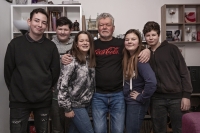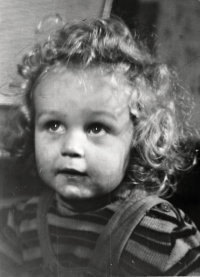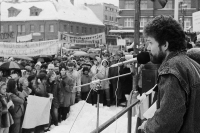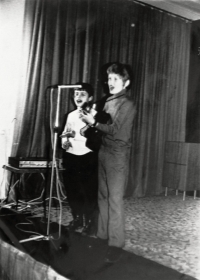We didn’t realize the risk, we acted spontaneously
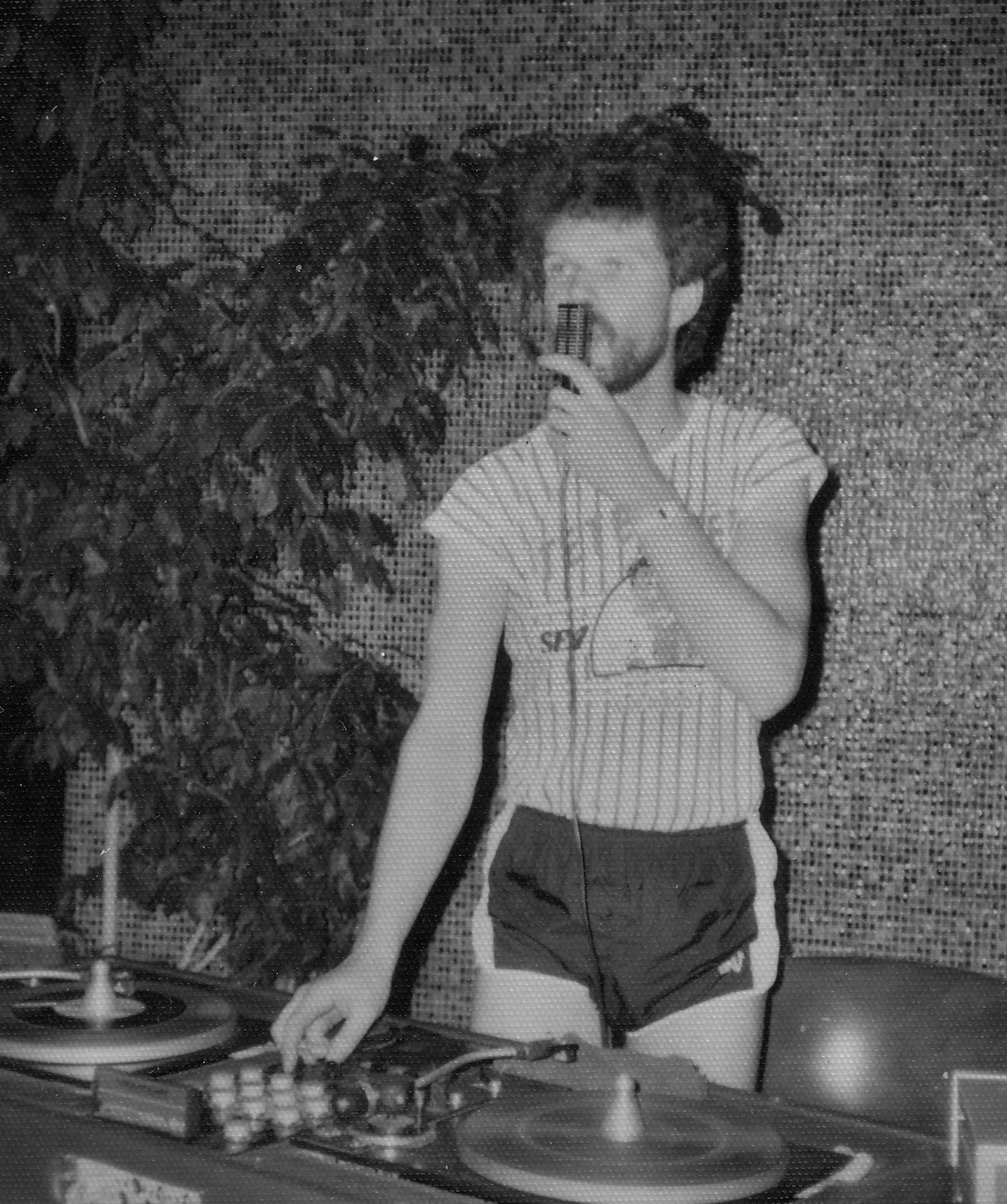
Download image
Zbyněk Šolc was born on 23 April 1959 in Jablonec nad Nisou, where he spent a beautiful childhood. At the age of nine, he witnessed the invasion of the Warsaw Pact troops, which arrived in Czechoslovakia on 21 August 1968 to suppress the alleged counter-revolution. His father, František Šolc, even wrote anti-occupation signs around town, which led to his suspension from his job and expulsion from the party. Despite this, Zbyněk Šolc managed to get into the secondary technical school in Liberec in 1974 and successfully graduated from it four years later. Subsequently, he got a job in the Liaz Physical Education Unit in Jablonec nad Nisou, but a few months later he started his basic military service with the engineer unit in Sereď, Slovakia. Here, especially during the first year, he experienced brutal bullying, culminating in a drastic rite of passage called the plucking of pigeon quills. After returning to civilian life in 1980, he resumed his former job as a construction technician and later as a claims technician at the Liaz Housing Cooperative. During his professional life, he also worked at Krátký film Praha (Short Film Prague) in Jablonec nad Nisou, where he participated in the recording of the reportage programme Vteřiny Jablonecka (Seconds from Jablonec), and at the audiovisual centre of the District Library in Jablonec nad Nisou. In addition, in 1985 Zbyněk Šolc began to perform officially as a disc jockey at various events in the then North Bohemian Region. Thanks to his discotheque equipment, he also got into the whirlwind of the revolutionary events in November 1989, when he became one of the founding members and the face of the Civic Forum in Jablonec nad Nisou. However, when the former communists began to return to politics, he decided to leave and continue to devote himself to his profession, family and music. At the time of the recording (2024) he was living in Jablonec nad Nisou, enjoying his family and his collection of gramophone records.

